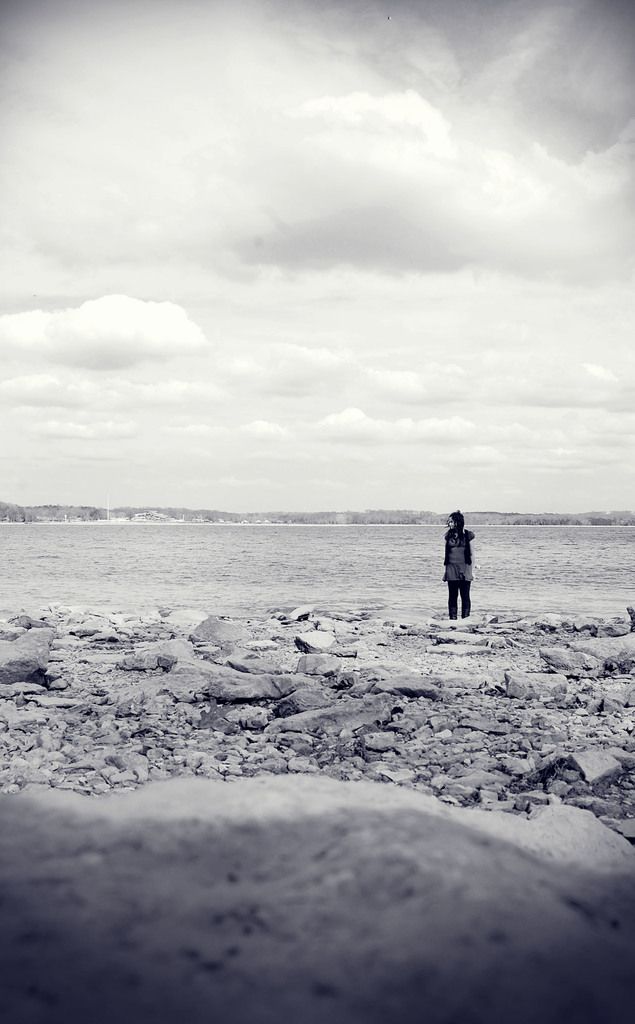Feeling the Heat of Summer? Take a Breath and Relax; The Seas Have Recovered! 🌊🐟
Thailand's Unexpected Wildlife Rebound: A Focus on Eco-Friendly Travel
Who would've thought that empty beaches could be a good thing? Well, as it turns out, they were a blessing in disguise during the pandemic. It was a chance for our seas to take a breather, and boy, did they need it! 💨🌊
A New Look at the Beach 🏖️
You know those beaches you see now? They've come a long way since the pandemic. Many called it a miracle—a chance for a greener, cleaner, and more sustainable future for our oceans.
Joining the Clean-Up Crew 🧹💔
I'll never forget that high school community service project. Arriving at the beach, I was struck by its calm, empty expanse—something I'd never seen before. And let me tell you, the海 water was clearer and cleaner than I'd ever seen it, with fish, sharks, and even turtles making a comeback! I even witnessed my very first shark swimming in the sea at Maya Bay in 2023. 🐭🐳
Less is More 🤝
But let's not forget, the issue wasn't caused by the sea creatures themselves—it was due to us and our impact on the oceans. Pollution comes in many forms, such as littering, air emissions, noise, oil, and chemicals—all of which can harm marine life or end up in Ocean gyres. And those microplastics? They're a serious threat that causes toxic chemicals and disrupts food chains. In the Mediterranean Sea, marine litter accumulates 4.7 times faster during high tourist seasons. 🌞🐟
Making a Splash for the Better chez 🗑️
Thanks to the absence of tourists during lockdown, conservationists stepped in to repair over 30,000 fragments of coral in Maya Bay, fix up the beach, and collect litter. Now, there will be rules to limit the number of tourists at popular sites like Maya Bay, Similan islands, and Koh Tachai. And let's not forget about closing off islands at certain times of the year and toughening regulations for a sustainable future. 🌱🐟
Green (Travel) is the New Black 💚
Traveling has a massive impact on our planet, but it doesn't have to be so harmful. Enter: Green tourism. By being mindful and thoughtful in our travels, we can make sure our beautiful destinations will be around for generations to come. 🌍🤝
- Support local businesses and communities
- Bring your own reusable water bottle and refill it where possible
- Consider visiting during off-peak seasons
- Opt for public transportation, walking, or cycling instead of cars
- Stay on designated paths and give wildlife a wide berth
- Avoid collecting shells and sand
- Research your destination and learn how you can minimize your impact there 🐳🌏
Here's to a Cleaner, Greener Future! 🌱💦
With green tourism, we can leave a lighter ecological footprint and enjoy breathtaking destinations for years to come. Let's work together to protect our seas and cherish the beauty they hold. 🌟💙
- The pandemic's impact on empty beaches opened up a unique opportunity for the seas to recover, with fish, sharks, and even turtles making a comeback.
- The cleaner ocean waters during the pandemic were a clear indication of the damage caused by pollution, such as littering, air emissions, and oil spills, among others.
- Microplastics, a severe threat to marine life, were found to disrupt food chains and cause toxic chemicals.
- Conservation efforts, particularly during lockdowns, proved to be crucial in repairing coral fragments, cleaning beaches, and collecting litter at popular tourist destinations.
- Traveling responsibly, embracing green tourism, and being mindful of our impact on destinations can help ensure their survival for future generations.
- Green tourism encourages supporting local communities, bringing reusable water bottles, considering off-peak seasons, and following designated paths to protect marine ecosystems and promote a cleaner, greener future.




